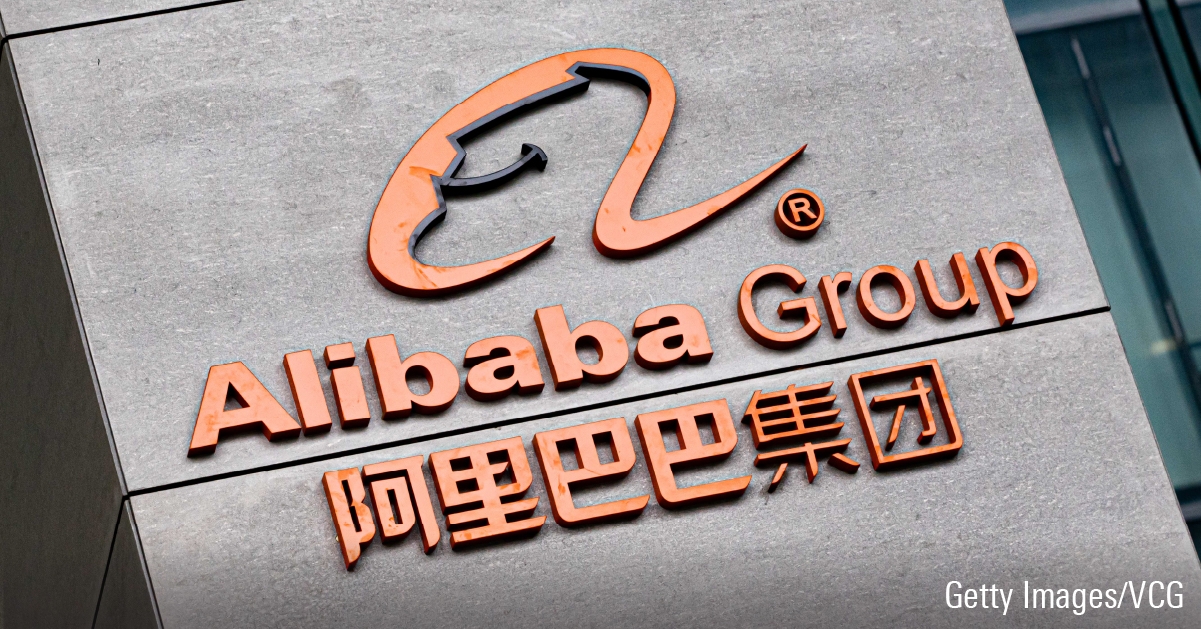Alibaba Earnings: Increased Investments Bring Uncertainty to Margins
We are cutting our fair value estimate and raising our uncertainty rating for Alibaba’s stock.

Key Morningstar Metrics for Alibaba Group Holdings
- Fair Value Estimate: $94.00
- Morningstar Rating: 5 stars
- Morningstar Economic Moat Rating: Wide
- Morningstar Uncertainty Rating: Very High
What We Thought of Alibaba Group Holdings’ Earnings
We like Alibaba BABA upsizing its share-repurchase program which runs until the end of March 2027 to $35.3 billion, amounting to 18% of its market cap as of Feb. 7. The firm is committed to reducing its outstanding shares by at least 3% annually for the next three fiscal years. However, as cash and investments under current assets accounted for 44% of its market cap, we hope to see share repurchasing happening at a faster pace and greater magnitude.
While we agree with the firm’s emphasis on driving market share growth in domestic and international e-commerce and the cloud, we think this will come at the expense of margin erosion. Alibaba is committed to selling noncore assets and increasing return on invested capital to double digits over the next few years. This is longer than we hope, as selling assets amid weak market conditions is difficult.
We have cut Alibaba’s fair value estimate by 27% to $94. We’ve reduced our forecasts for its 10-year compound annual growth rate for revenue to 4% from 6% and its adjusted EBITA growth to 3% from 4%. This reflects intense industry competition, slower-than-expected retail sales recovery, and deflationary risks in China. We see lackluster topline recovery in the China marketplace, local services, and offline retail businesses in the coming quarters, due to a higher base resulting from the reopening of China’s economy at the end of 2022.
We have increased our Uncertainty Rating for Alibaba to Very High from High to account for the risks around the firm’s strategy to regain market share in China’s retail marketplace, along with the danger of resultant margin erosion. We also downgraded Alibaba’s capital allocation rating to Standard from Exemplary, as its track record in recent years has been poor. A prime example is the firm’s loss of share in China’s retail marketplace. Our order of preference for China e-commerce companies is PDD Holdings PDD, JD.com JD, then Alibaba. We think PDD is best positioned in the value-for-money consumption trend, while JD should register stronger growth than Alibaba.
Alibaba Stock Price
The author or authors do not own shares in any securities mentioned in this article. Find out about Morningstar’s editorial policies.

/s3.amazonaws.com/arc-authors/morningstar/d90882b5-8d5f-450c-b98a-e427c19012df.jpg)
/cloudfront-us-east-1.images.arcpublishing.com/morningstar/ZPLVG6CJDRCOTOCETIKVMINBWU.png)
/cloudfront-us-east-1.images.arcpublishing.com/morningstar/ZZSPP5AYAJB2RIRVFE2XR23GUQ.jpg)
/cloudfront-us-east-1.images.arcpublishing.com/morningstar/NYUEHSFI4BDCJPQZJ76HH4PKSM.jpg)
:quality(80)/s3.amazonaws.com/arc-authors/morningstar/d90882b5-8d5f-450c-b98a-e427c19012df.jpg)